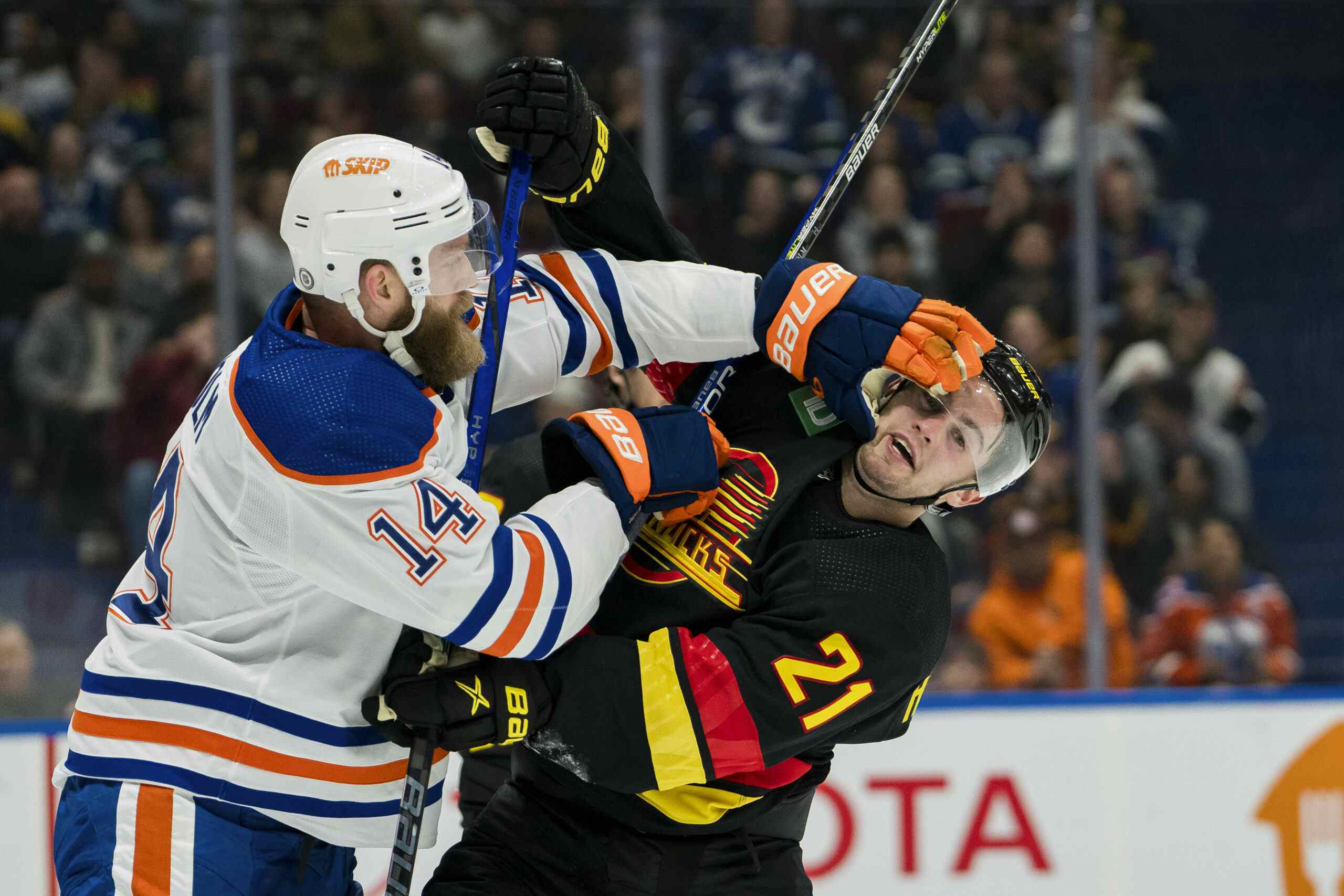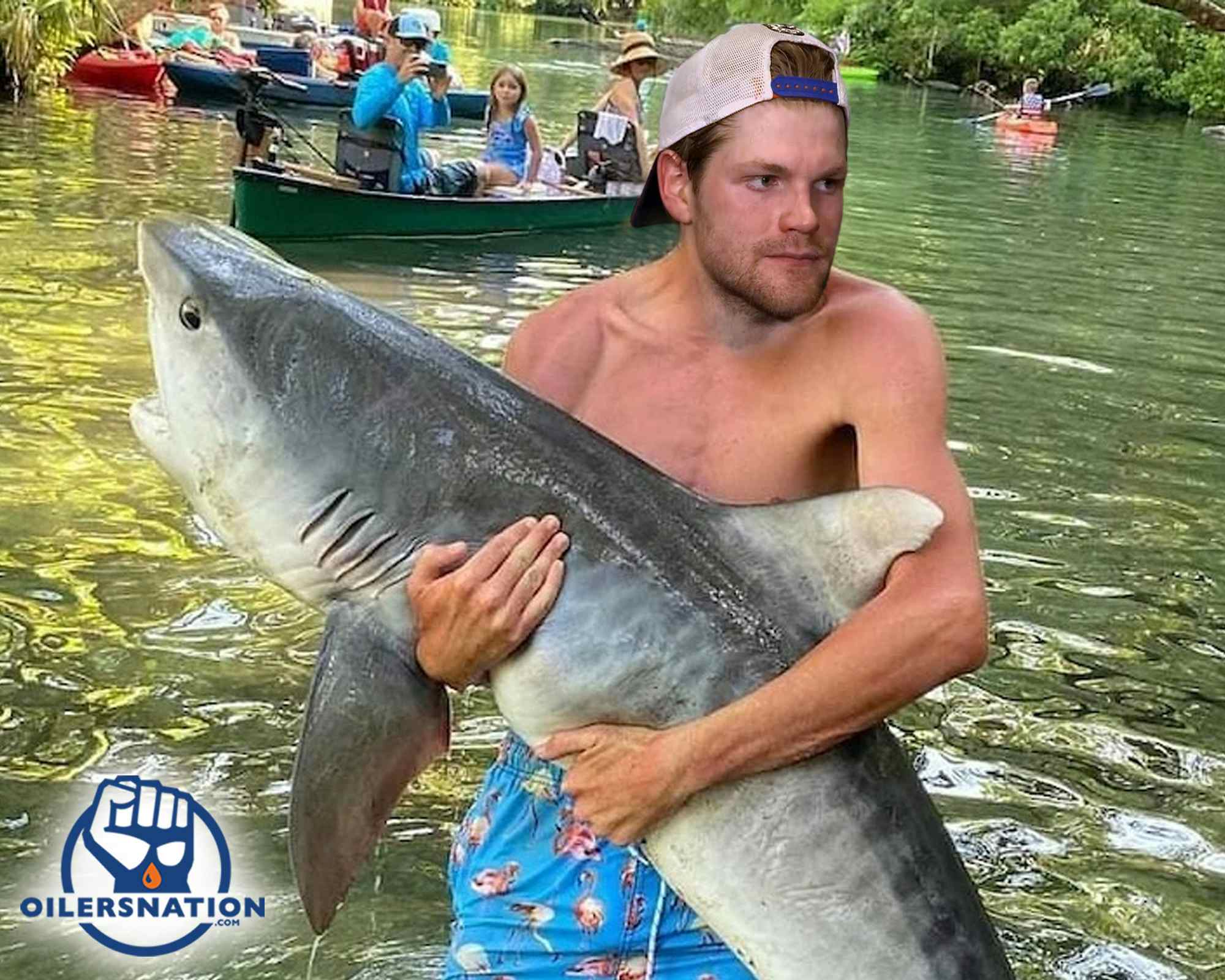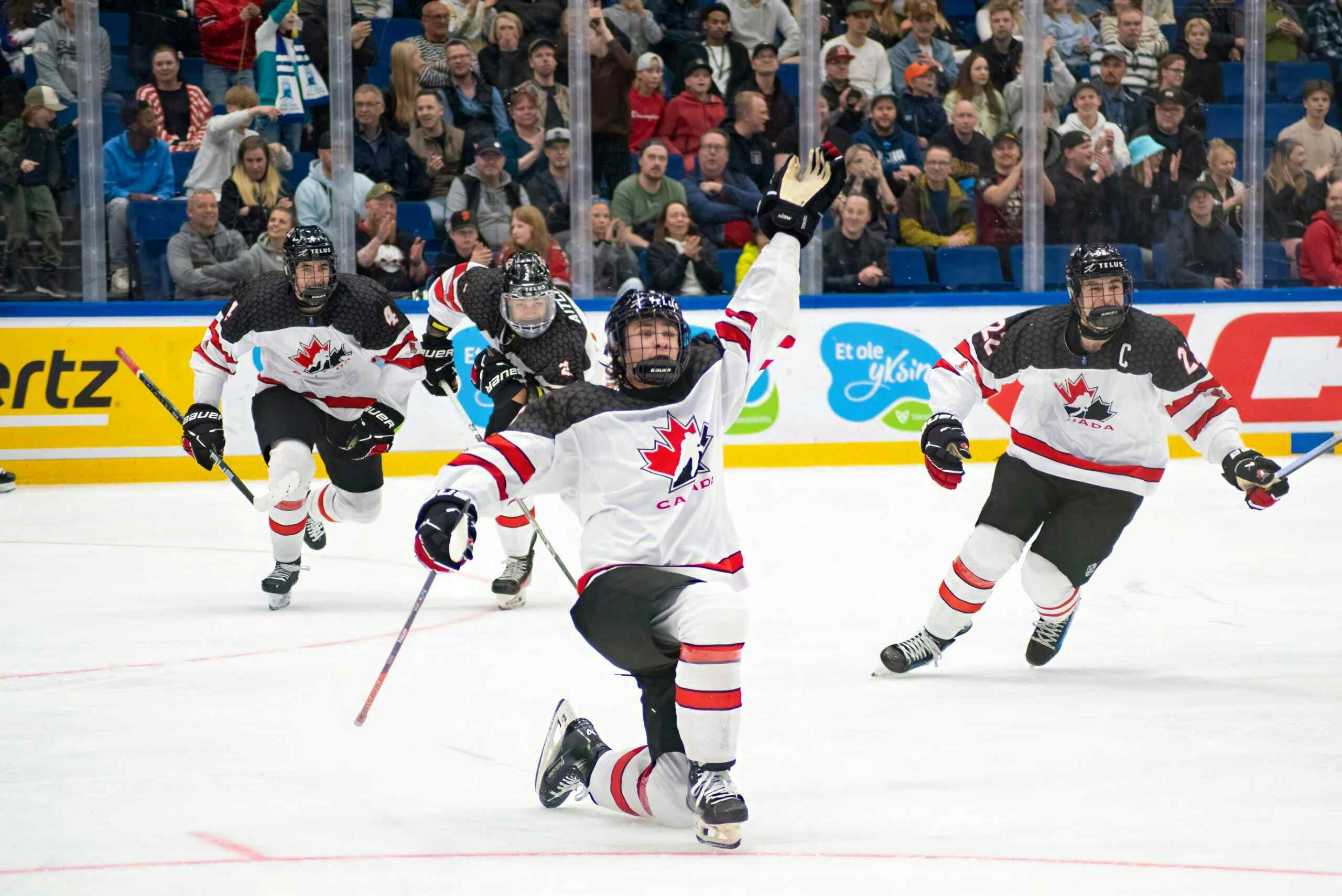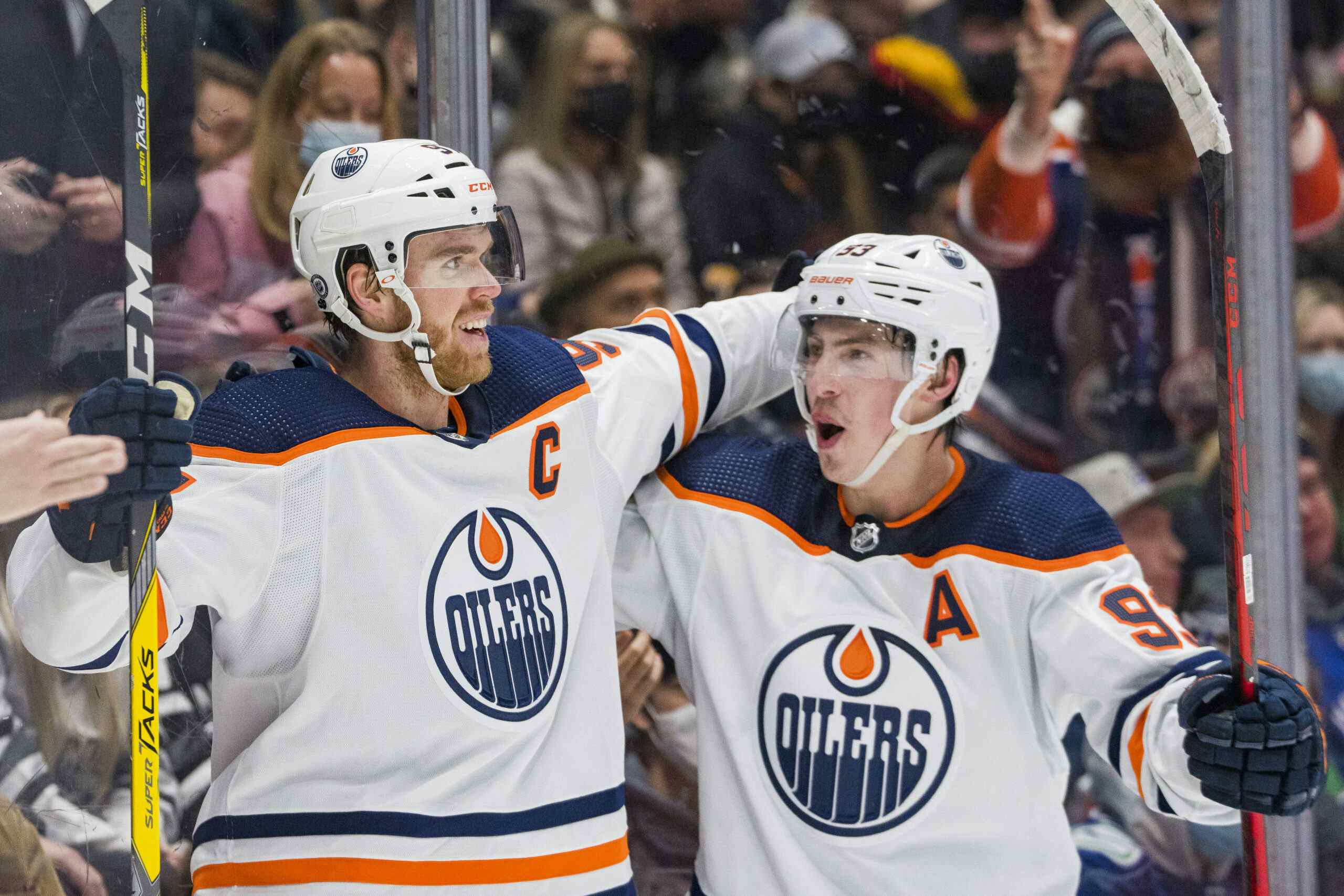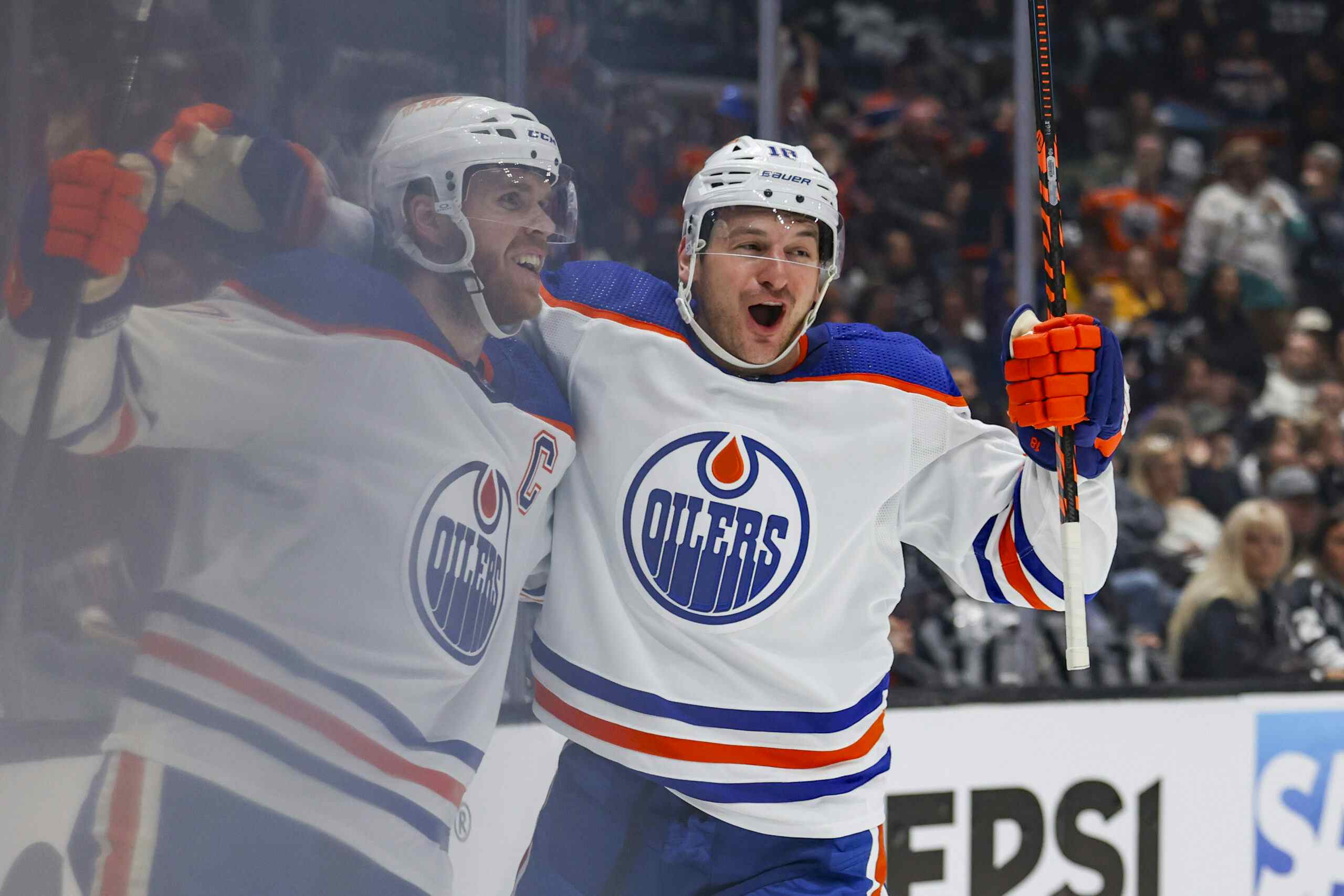What if the NHL Doesn’t Play in 2020/2021?

By Jason Gregor
3 years agoNo fanbase in pro sports is more equipped to handle the disappointment of a season without their favourite sport than the NHL’s. In the past 30 years, you’ve endured three lockouts/strikes. The 1994/1995 season was reduced to 48 games, so too was the 2012/2013 season, and the entire 2004/2005 was washed out as the players and owners squabbled over money, only to finally agree to a salary cap for the 2005/2006 season.
The NHL pushed the pause button this past March due to COVID, but then in July the NHL announced they would return in August to finish the 2019/2020 season, and more importantly for fans, the league and NHLPA announced they’d ratified a new Collective Bargaining Agreement (CBA) which would run thru the 2025/2026 season. There would be no lockout. No games would be missed.
It was great news, but now there is a possibility the NHL won’t play next season due to COVID.
No one in the NHL office or NHLPA wants this. Both sides want a season, even an abbreviated one, but if no fans are allowed in buildings in 2021, it is hard to fathom the NHL will play.
Vegas owner, Bill Foley, and a member of the NHL’s board of governors, said what all of us know.
“Who knows if we’re going to be playing?” said Foley on KHSP’s Vegas Hockey Hotline. “If we aren’t playing in front of fans, a lot of teams can’t make it. That’s including us, to make a serious financial commitment to fund the team without playing in front of fans. I don’t believe Gary Bettman is going to have us fly all around and play in empty arenas.”
No one should be surprised by Foley’s comments. It is the financial reality of the NHL. They don’t have the lucrative TV deal that the NFL has, which allows them to be playing with no fans in most of their stadiums. We can’t ignore the financial reality. That being said, the league and players are exploring all options to play. Neither group wants to consider the worst-case scenario. It would be painful for all involved — owners, management, players, staff, media and fans.
The NHL and players will delay the start of the season until March, even April, if they have to. I’m holding out hope there will be a season, albeit closer to a 48-game schedule than 82.
However, I not naïve to the possibility the league might not play if no fans are allowed to attend games. How many owners would be willing to lose millions in order to play a season? Not many.
If there is no season, some interesting scenarios could arise.
NO SEASON…

Photo: Twitter.com/NHL
What happens to the player’s contracts?
I spoke with three different people in NHL management positions. They all agreed the contract situation would need to be negotiated.
“When there are no rules in place (for a pandemic), you have to adjust on the fly,” said one of them.
“My initial thought, is similar to yours, that the contracts would just slide,” said another.
Unlike in 2004/2005, the expectation, or the most reasonable option, is that contracts for 2020/2021 would slide to 2021/2022. For instance, @Taylor Hall’s one-year deal with the Buffalo Sabres would be for the 2021/2022 season.
A year of no NHL hockey would be a challenge for all players, but likely a bit more for older ones. After not playing for a full season, many NHL veterans in 2005/2006 like Sergei Federov, Bill Guerin, Keith Tkachuk, Jeremy Roenick and others struggled. However, some like Teemu Selanne (32 to 90), Jaromir Jagr (74 to 123) and Nick Lidstrom (38 to 80) had massive improvements in their point totals. I’d still love to know how Selanne only had 32 points with Colorado in 2004. It was such an oddity in his Hall of Fame career. But I digress.
Current active players who are 36 or older and under contract for this coming season include:
@Patrick Marleau (41), @Henrik Lundqvist, @Mike Smith and @Pekka Rinne (38), @Mikko Koivu, Curtis McElhinney, @Duncan Keith, @Jason Spezza and @Mark Giordano (37), @Johnny Boychuk, Alex Steen, Valterri Filpulla, Frans Nielsen and David Backes (36).
@Patrick Marleau (41), @Henrik Lundqvist, @Mike Smith and @Pekka Rinne (38), @Mikko Koivu, Curtis McElhinney, @Duncan Keith, @Jason Spezza and @Mark Giordano (37), @Johnny Boychuk, Alex Steen, Valterri Filpulla, Frans Nielsen and David Backes (36).
There are many who are 35, and as Tkachuk and Guerin proved you don’t have to be 35+ to struggle after a year off. Make no mistake: a year with no hockey will be a challenge for many players.
EXPANSION DRAFT…

I’m told the expansion draft would not change, even with no season. It makes sense. Seattle will not want to wait another season, and the NHL will need as much new revenue as possible. But if there is no season, it could potentially have major impacts on which players are available.
Currently, the rules state any player with one or two years of pro experience (AHL or NHL) don’t need to be protected.
The names of players who would have played their third season this year includes some very skilled players.
@Miro Heiskanen (Dallas)
@Carter Hart and Nolan Patrick (Philadelphia)
@Elias Pettersson (Vancouver)
@Andrei Svechnikov and Martin Necas (Carolina)
@Brady Tkachuk, Logan Brown, Michael McLeod and Drake Batherson (Ottawa)
@Rasmus Dahlin, Casey Middelstadt, Rasmus Asplund and Henri Jokiharju (Buffalo)
Jesperi Kotkaniemi and Cale Fleury (Montreal)
@Dillon Dube (Calgary)
@Kailer Yamamoto (Edmonton)
Filip Chytil, Ryan Lindgren and Brett Howden (New York Rangers)
Robert Thomas and Jordan Kyrou (St.Louis)
Filip Zadina, Michael Rasmussen and Dennis Cholowski (Detroit)
Rasmus Sundin and Joey Anderson (Toronto)
Isac Lundestrom, Sam Steel and Josh Mahura (Anaheim)
Dylan Gambrell (San Jose)
@Lias Andersson (Arizona)
Riley Stillman (Florida)
Martin Kaut (Colorado)
@Carter Hart and Nolan Patrick (Philadelphia)
@Elias Pettersson (Vancouver)
@Andrei Svechnikov and Martin Necas (Carolina)
@Brady Tkachuk, Logan Brown, Michael McLeod and Drake Batherson (Ottawa)
@Rasmus Dahlin, Casey Middelstadt, Rasmus Asplund and Henri Jokiharju (Buffalo)
Jesperi Kotkaniemi and Cale Fleury (Montreal)
@Dillon Dube (Calgary)
@Kailer Yamamoto (Edmonton)
Filip Chytil, Ryan Lindgren and Brett Howden (New York Rangers)
Robert Thomas and Jordan Kyrou (St.Louis)
Filip Zadina, Michael Rasmussen and Dennis Cholowski (Detroit)
Rasmus Sundin and Joey Anderson (Toronto)
Isac Lundestrom, Sam Steel and Josh Mahura (Anaheim)
Dylan Gambrell (San Jose)
@Lias Andersson (Arizona)
Riley Stillman (Florida)
Martin Kaut (Colorado)
There are also other young players who have played two years in the AHL, who might have played in the NHL this season, and would be good young players for Seattle to consider. But projecting those would be guessing on my part, so I’m not including them.
Not having to protect players could benefit teams who were worried about exposing a good player. The Oilers, for instance, could opt to protect five D-men and three forwards without the risk of losing Yamamoto, which means @Caleb Jones or an injured @Oscar Klefbom wouldn’t be exposed. Or would they? (More on that below.)
The three NHL executives all agreed it would be unlikely that the rules would change, but it would need to be negotiated. Of course the teams would all rather play an NHL season, but if there is no season, the protected lists, not protected lists and not needing to be protected lists would be altered significantly.
The sliding contracts would also lead to more players on contracts, who would either need to be protected, or they could help a team reach the minimum requirements of players exposed. Players who have a no-movement clause that was supposed to expire at the end of this season, would be extended. Suddenly players you didn’t think needed to be protected might be. In Edmonton that is Kris Russell. He has a no-movement clause. Now, he could waive it, and be exposed, but he’d have to agree to such a request.
However, one benefit for teams is they would now have more players they could expose.
Here is a refresher on those requirements:
* One defenseman who is A) under contract in 2021-22 and B) played in at least 40 NHL games the prior season or played in at least 70 NHL games in the prior two seasons.
* Two forwards who are A) under contract in 2021-22 and B) played at least 40 NHL games the prior season or played in at least 70 NHL games in the prior two seasons.
* One goalie who is under contract in 2021-22 or will be a restricted free agent at the end of his current contract immediately prior to 2021-22. If a team elects to make a restricted free agent goalie available to meet this requirement, that goalie must have received his qualifying offer prior to the submission of the team’s protected list.
@Adam Larsson would suddenly qualify. He is in the final year of his contract and if the season is played he will be a free agent, and doesn’t qualify as an exposed player. Currently, Edmonton will either have to expose Jones or Klefbom, or acquire a D-man who would qualify.
With no season and contracts sliding, some teams will be in better positions, while others might have to expose a player they didn’t want to. The ripple effect of no NHL season could be much bigger for teams because of the expansion draft.
Here is a list of players who were set to be UFAs and would make for conversation, pro or con, in protecting or exposing in the expansion draft.
(I didn’t include pending UFAs like @Braydon Coburn. He wouldn’t be claimed and he doesn’t help Lighting meet exposed-player requirement.)
Pacific Division:
Arizona: Derek Stepan, Alex Goligoski, Niklas Hjalmarsson, Jason Demers, Jordan Oesterle and Antti Raanta.
Anaheim: Ryan Getzlaf, David Backes and Carter Rowney.
Calgary: Derek Ryan and David Rittich.
Edmonton: Ryan Nugent-Hopkins, Alex Chiasson, Tyler Ennis, Russell, Larsson, Tyson Barrie and Mike Smith.
San Jose: Devan Dubnyk
Vancouver: Brandon Sutter, Tanner Pearson, Alex Edler and Jordie Benn.
Vegas: Alec Martinez
Calgary: Derek Ryan and David Rittich.
Edmonton: Ryan Nugent-Hopkins, Alex Chiasson, Tyler Ennis, Russell, Larsson, Tyson Barrie and Mike Smith.
San Jose: Devan Dubnyk
Vancouver: Brandon Sutter, Tanner Pearson, Alex Edler and Jordie Benn.
Vegas: Alec Martinez
Central Division:
Chicago: Zack Smith and Mattias Janmark
Colorado: Gabriel Landeskog, Brandon Saad, Matt Calvert, Ian Cole and Philipp Grubauer.
Dallas: Andrew Cogliano, Blake Comeau, Stephen Johns, Jamie Oleksiak, Mary Pysyk and Taylor Fedun.
Nashville: Pekka Rinne
St.Louis: Jaden Schwartz, Tyler Bosak, Carl Gunnarsson and Jordan Binnington.
Winnipeg: Paul Stastny, Mathieu Perrault, Derek Forbort and Laurent Brossoit.
Colorado: Gabriel Landeskog, Brandon Saad, Matt Calvert, Ian Cole and Philipp Grubauer.
Dallas: Andrew Cogliano, Blake Comeau, Stephen Johns, Jamie Oleksiak, Mary Pysyk and Taylor Fedun.
Nashville: Pekka Rinne
St.Louis: Jaden Schwartz, Tyler Bosak, Carl Gunnarsson and Jordan Binnington.
Winnipeg: Paul Stastny, Mathieu Perrault, Derek Forbort and Laurent Brossoit.
Metropolitan Division:
Carolina: Ryan Dziingel, Jordan Martinook, Dougie Hamilton, James Reimer and Petr Mrazek.
Columbus: Nick Foligno, Riley Nash, Mikko Koivu and David Savard.
New Jersey: Travis Zajac, Kyle Palmeiri, Nikita Gusev, Ryan Murray and Connor Carrick.
NYI: Casey Cizikas
NYR: Brendan Smith and Jack Johnson.
Philadelphia: Scott Laughton and Brian Elliott.
Pittsburgh: None.
Washington: Alex Ovechkin and Henrik Lundqvist
Columbus: Nick Foligno, Riley Nash, Mikko Koivu and David Savard.
New Jersey: Travis Zajac, Kyle Palmeiri, Nikita Gusev, Ryan Murray and Connor Carrick.
NYI: Casey Cizikas
NYR: Brendan Smith and Jack Johnson.
Philadelphia: Scott Laughton and Brian Elliott.
Pittsburgh: None.
Washington: Alex Ovechkin and Henrik Lundqvist
Atlantic Division:
Boston: David Krejci, Sean Kuraly, Tuukka Rask and Jaroslav Halak.
Buffalo: Hall, Eric Staal, Brandon Montour, Jake McCabe and Carter Hutton.
Detroit: Darren Helm, Valtteri Filpulla, Bobby Ryan, Marc Staal, Patrik Nemeth and Jonathon Bernier.
Florida: Chris Driedger.
Montreal: Tomas Tatar, Phillip Danault and Joel Armia.
Ottawa: Artem Anisimov and Erik Gudbranson.
Tampa Bay: Blake Coleman, Cedric Paquette and Barclay Goodrow.
Toronto: Zack Hyman, Wayne Simmonds, Jason Spezza and Zack Bogosian.
Buffalo: Hall, Eric Staal, Brandon Montour, Jake McCabe and Carter Hutton.
Detroit: Darren Helm, Valtteri Filpulla, Bobby Ryan, Marc Staal, Patrik Nemeth and Jonathon Bernier.
Florida: Chris Driedger.
Montreal: Tomas Tatar, Phillip Danault and Joel Armia.
Ottawa: Artem Anisimov and Erik Gudbranson.
Tampa Bay: Blake Coleman, Cedric Paquette and Barclay Goodrow.
Toronto: Zack Hyman, Wayne Simmonds, Jason Spezza and Zack Bogosian.
The NHL and their fans don’t want to think about there being no season, but at some point, the league and the Player’s Association will have to consider all the possibilities and ramifications.
Recently by Jason Gregor:
Recent articles from Jason Gregor

